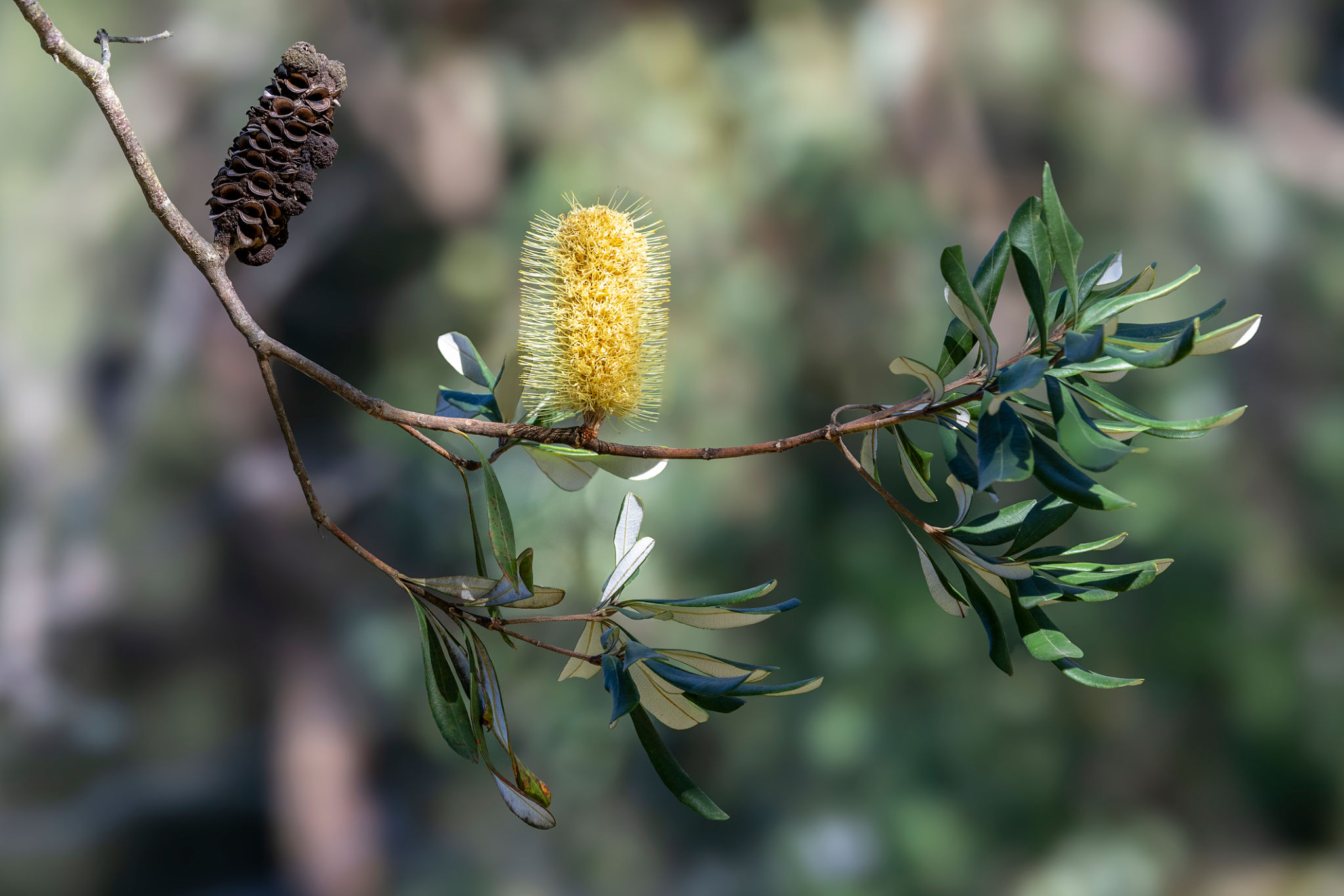Eco-Friendly Landscaping Solutions in Dayton, VA: Creating a Sustainable Outdoor Space
Understanding Eco-Friendly Landscaping
Eco-friendly landscaping, also known as sustainable landscaping, focuses on creating outdoor spaces that conserve resources, reduce waste, and minimize environmental impact. In Dayton, VA, where appreciation for nature is part of the community ethos, incorporating sustainable practices into your landscaping can enhance the beauty of your space while promoting ecological health.
By utilizing eco-friendly landscaping techniques, homeowners can contribute positively to the environment and potentially reduce maintenance costs. These practices involve selecting native plants, optimizing water usage, and using natural fertilizers.

Choosing Native Plants
One of the foundational principles of eco-friendly landscaping is the use of native plants. These plants are adapted to the local climate and soil conditions, requiring less water and care compared to non-native varieties. In Dayton, VA, this might include species like the Eastern Redbud, Virginia Bluebells, and Black-Eyed Susans.
Native plants not only thrive with minimal intervention but also support local wildlife. Birds, bees, and butterflies rely on these plants for food and habitat. By choosing native species, you create a vibrant ecosystem right in your backyard.
Water Conservation Techniques
Water conservation is a critical element of sustainable landscaping. Implementing efficient irrigation systems, such as drip irrigation or soaker hoses, can significantly reduce water waste. Additionally, collecting rainwater in barrels is an excellent way to utilize natural resources.

Another effective strategy is the installation of permeable paving solutions. These surfaces allow rainwater to seep into the ground rather than running off into storm drains, which helps to replenish groundwater supplies and prevent erosion.
Soil Health and Natural Fertilizers
Healthy soil is the backbone of any successful landscape. Integrating organic matter like compost into your soil can improve its structure and nutrient content. Composting kitchen scraps and yard waste not only enriches your garden but also reduces landfill contributions.
Using natural fertilizers and pest control methods is another cornerstone of eco-friendly landscaping. Options such as neem oil or diatomaceous earth can effectively manage pests without the harmful effects of chemical-based products.

Designing for Energy Efficiency
Thoughtful landscape design can also contribute to energy efficiency in your home. By strategically placing trees and shrubs, you can provide shade in summer and windbreaks in winter, reducing the need for air conditioning and heating.
Additionally, incorporating features like green roofs or walls can further insulate your home and reduce energy consumption. These strategies not only lower utility bills but also enhance the aesthetic appeal of your property.
Encouraging Biodiversity
Sustainable landscapes are not just about plants; they also support a diverse range of wildlife. Creating habitats by including birdhouses, bat boxes, or bee hotels in your garden encourages biodiversity. This diversity helps maintain a balanced ecosystem, promoting the health of both plants and animals.

By integrating these eco-friendly landscaping solutions in Dayton, VA, homeowners can enjoy beautiful outdoor spaces while contributing to environmental sustainability. With careful planning and thoughtful execution, you can create a garden that is both aesthetically pleasing and ecologically beneficial.
